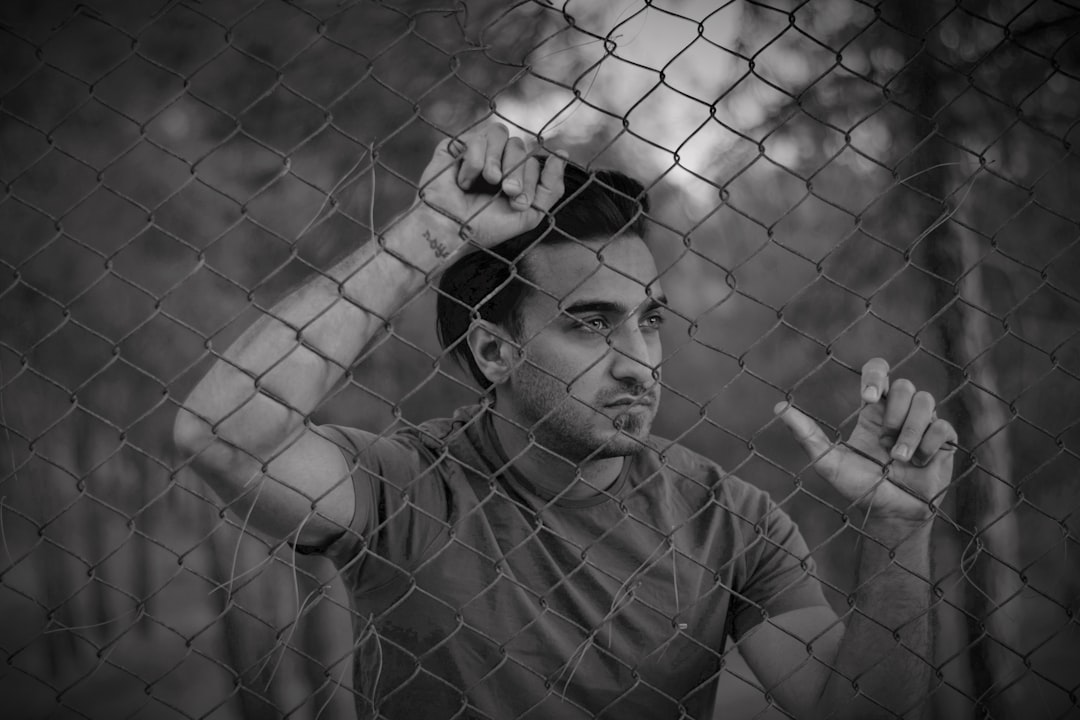In a recent, highly controversial decision that has sparked heated debates across the nation, Mahmoud Khalil, a passionate pro-Palestinian activist and former Columbia University graduate student, finds himself at the heart of a legal storm. Ordered for deportation to either Algeria or Syria by a Louisiana immigration judge, this case presents a complex intersection of free speech, immigration law, and national security concerns.
Why This Case Matters
Khalil’s plight underscores the contentious nature of U.S. immigration policies and their impact on activism. Entering the U.S. on a student visa in December 2022 and later gaining lawful permanent resident status, Khalil’s dedication to Palestinian human rights has thrust him into a significant legal and political battle. This case highlights the Trump administration’s aggressive immigration stance and its efforts to suppress dissent.
The Core of the Controversy
- Allegations that Khalil omitted vital information on his green card application led to his detention by ICE officials in March, marking him as part of a broader crackdown on perceived university antisemitism.
- A federal judge’s subsequent release of Khalil in June, citing no flight risk or community threat, was a brief respite before the recent deportation ruling reignited tensions.
- The decision to deport Khalil to countries at odds with his values, either in turmoil or estranged, adds a layer of international human rights concerns to his case.
Unwavering Opposition and Broader Implications
Khalil and his legal team have lambasted the ruling as procedurally flawed and unconstitutional, viewing it as retaliation for his free speech exercise. The ACLU and Khalil’s representatives are gearing up to challenge the ruling, which they see as an attempt by the Trump administration to use the immigration system against dissenters. This case transcends Khalil, touching on the rights of immigrants, the scope of free speech, and the politicization of immigration law.
The Global Context
The choice of Algeria or Syria for Khalil’s deportation is fraught with danger, given his activism and the conditions in both countries. This ruling not only impacts Khalil but also signifies the intersection of immigration policy with international human rights, emphasizing the complex dynamics at play in deportation decisions.
Conclusion
The Mahmoud Khalil case serves as a stark reminder of the fragile equilibrium between national security, immigration policy, and constitutional rights. It prompts critical reflection on the limits of free speech for non-citizens and the potential misuse of immigration law to stifle dissent. As Khalil gears up to contest the deportation order, the outcome of this legal battle will likely resonate deeply within the realms of immigration law, free speech, and activist treatment in the U.S.
